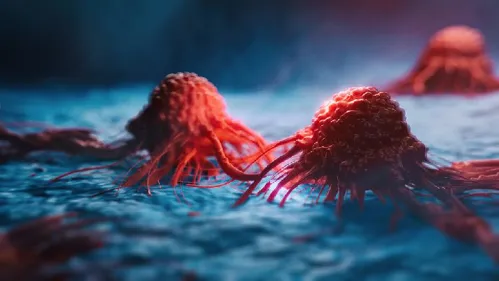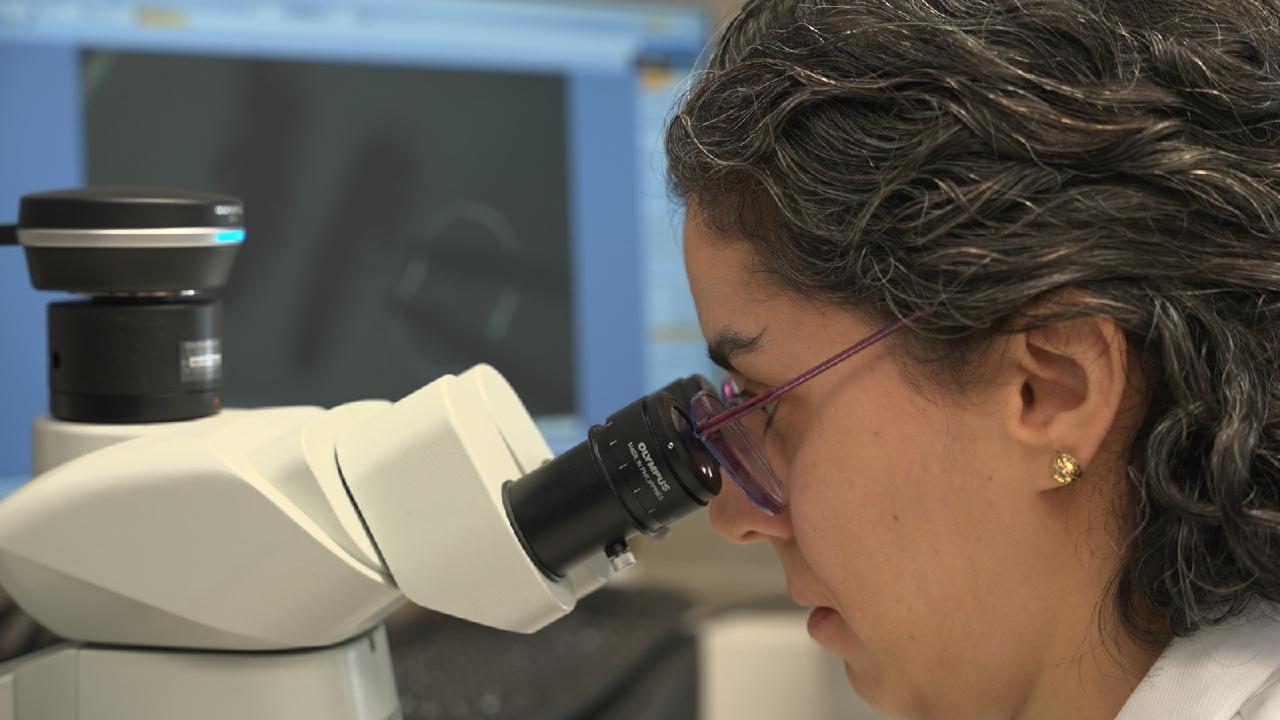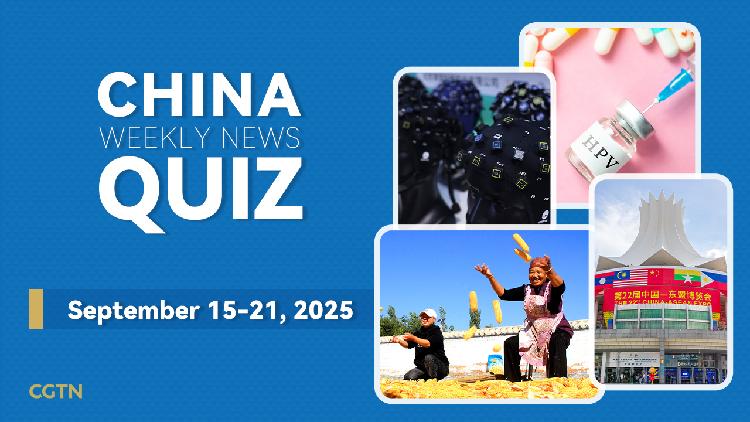Study shows tumors exploit nutrients to escape immune response

Chinese scientists have shed light on a new mechanism by which breast cancer cells manage to evade the immune system, focusing on their manipulation of the amino acid arginine. This groundbreaking study, published in the journal Cancer Cell, reveals how tumors exploit nutrients to facilitate growth and resist immune response.
The research was spearheaded by Professor Hu Hai, a distinguished figure with dual roles at the Hangzhou Institute of Medicine and the Zhejiang Cancer Hospital. Collaborating with Professor Luo Man-Li of Sun Yat-Sen University and Professor Li Hongde, the team has made significant strides in understanding tumor biology.
The scientists identified that breast cancer cells act like 'arginine factories' within the tumor microenvironment, effectively saturating it with this critical nutrient. While arginine is essential for immune health, cancer cells use it to reprogram nearby tumor-associated macrophages (TAMs), immune cells that should ideally combat the tumor.
Once these TAMs are altered by arginine from cancer cells, they inhibit the action of CD8+ T cells, the primary immune defenders against cancer. This transformation is detrimental as it encourages cancer progression rather than suppression.
Utilizing advanced single-cell and metabolic analyses, the researchers delved into how the presence of arginine influences the tumor environment. They found that TAMs metabolize arginine into polyamines, compounds that further modify the genetic programming of these immune cells.
This reprogramming leads TAMs to adopt a pro-tumor state, diminishing their immune response capabilities and facilitating an environment where tumors can thrive unhindered.
These findings pave the way for potential therapeutic advancements. By targeting arginine metabolism, the researchers have observed a restoration of CD8+ T cell functionality and a corresponding slowdown in tumor growth in preclinical trials.
The researchers propose that combining drugs aimed at inhibiting arginine or polyamine biosynthesis with existing immunotherapy treatments could effectively disrupt the cycle of immune suppression perpetuated by tumors.
Although the study is centered on breast cancer, the insights gained may extend to other cancer types, highlighting a broader strategy of metabolic manipulation in evading immune surveillance.
This discovery marks a critical step forward in the development of precision therapies designed to simultaneously deplete tumors of their vital nutrients while enhancing immune system efficacy—offering the potential for transformative approaches in cancer treatment.
Read These Next

Haiti Faces Health Emergency as Gang Violence Intensifies
Gang violence in Haiti worsens health emergency, impacting healthcare access and raising safety concerns for medical assistance.

Europe and China to Gain from US Scientist Migration
U.S. scientists may relocate to Europe and China due to budget cuts and regulations, boosting research in those regions.

China Weekly News Quiz September 15 to 21 2025
Test your knowledge of recent China events with our weekly quiz, featuring important stories from the past week.
